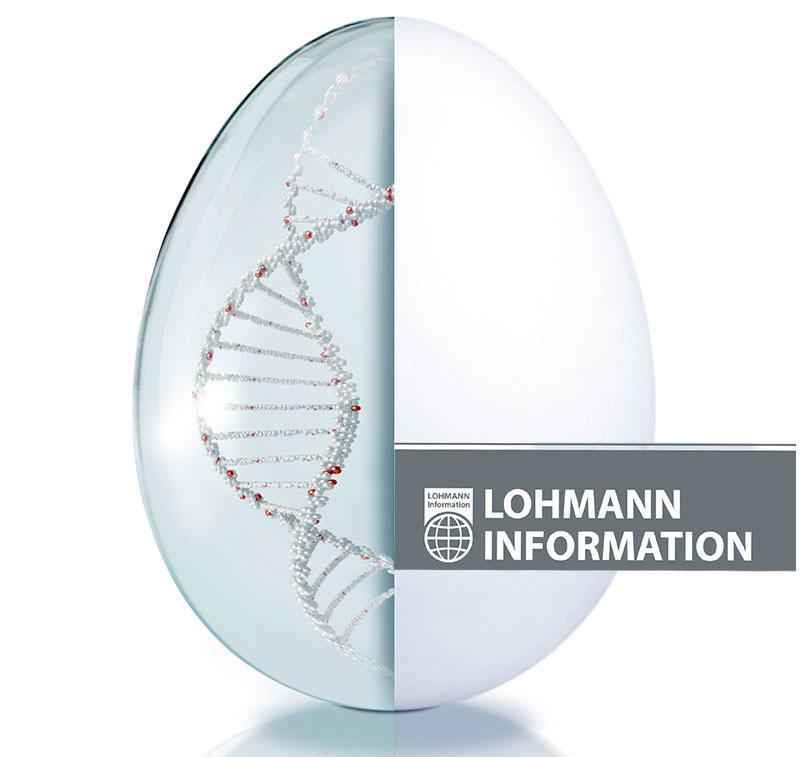This website uses cookies to improve your experience. We'll assume you're ok with this, but you can opt-out if you wish. Read More

Dear reader of Lohmann Information, We would like to draw your attention to Volume 49 (2) which is now online.…

Abstract The use of Dual Purpose Breeds (DPB) is considered a strategy to avoid killing of day-old male chicks of…

Abstract Consumers and food business operators are more and more aware of food safety issues. Food safety can broadly be…

Abstract Environmental temperatures play a major role in the optimal rearing of layer pullets, the basis of a financially successful…

Abstract In Australia, free-range egg production is a rapidly growing sector with an estimated grocery market value share of 48%…

Keywords Calcium supply, laying hens, egg quality, shell strength, health, welfare Co-Authors H.-H. Thiele, G. Díaz (Biomix S.A.) and L.…

Abstract Outbreaks of Avian Influenza (AI) in the USA from 2014 onwards affected 42.1 million layers and pullets as well…

Co-Authors A. Storset, T. Moen, J. Ødegård and Nina Santi AquaGen AS, Trondheim, Norway AquaGen was the first fish breeding…
And find out about all the latest industry news.